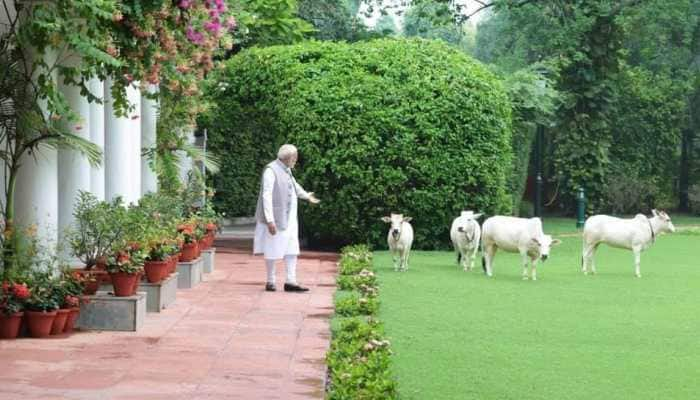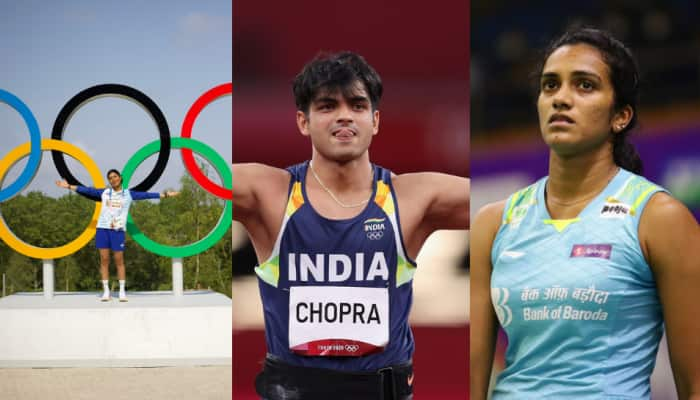Adhir Ranjan Chowdhury translates 'from the horse's mouth' to 'ghode k muh se' to target PM Modi
As Lok Sabha witnessed protests for the second consecutive day over the matter, Chowdhury sought a response from 'ghode k muh' which he literally translated from the idiom 'from the horse's mouth' referring to PM Modi.
Trending Photos
Congress MP Adhir Ranjan Chowdhury on Wednesday targetted Prime Minister Narendra Modi over US President Donald Trump's statement on Kashmir issue. As Lok Sabha witnessed protests for the second consecutive day over the matter, Chowdhury sought a response from 'ghode k muh' which he literally translated from the idiom 'from the horse's mouth' referring to PM Modi.
"According to the Shimla Agreement, the Kashmir issue is of bilateral nature. An intervention from a third party will not be accepted...We want to hear from the horse's mouth. What is wrong in this? The government wants to suppress our voice," said Chowdhury.
Trump had earlier this week claimed that he would mediate between India and Pakistan over the Kashmir issue, falsely adding that PM Modi had asked for his intervention. Minister of External Affairs S Jaishankar has rejected Trump’s statement and clarified that PM Modi made no such request to Trump.
“I would like to categorically assure the House that no such request has been made by PM Modi,” Jaishankar had told the Rajya Sabha on Tuesday.
“It has been India's consistent position that all outstanding issues with Pakistan are discussed only bilaterally. Any engagement with Pakistan would require an end to cross-border terrorism," the External Affairs Minister had said.
"The Shimla Agreement and the Lahore declaration provide the basis to resolve all issues between India & Pakistan bilaterally," EAM had said in Rajya Sabha.
The Shimla Agreement, signed by former PM Indira Gandhi and former Pakistan President Zulfikar Ali Bhutto on July 2, 1972, undertook to abjure conflict and confrontation which had marred relations between India and Pakistan in the past. The agreement was signed after the 1971 war that led to the independence of Bangladesh, earlier known as East Pakistan. The agreement contains a set of guiding principles, which were agreed upon by the two nations, emphasising on respect for each other's territorial integrity and sovereignty, non-interference in each other’s internal affairs etc.
In the Lahore Declaration, signed by late PM Atal Bihari Vajpayee and ex-Pakistan Prime Minister Nawaz Sharif on February 21, 1999, an understanding was reached towards the development of atomic arsenals and to avoid accidental and unauthorised operational use of nuclear weapons between India and Pakistan.
A major furor erupted after Trump made a stunning claim that PM Modi asked him to “mediate” in the longstanding dispute between Pakistan and India over the Kashmir on Monday. India immediately rejected it, with Foreign Ministry spokesperson Raveesh Kumar strongy denying the claim and asserted that "no such request has been made" by PM Modi.
India has long maintained that Kashmir is a bilateral issue and no third party has any role in it.
US Congressman Brad Sherman reacted on Trump's claim and said that everyone who is aware of South Asia's foreign policy knows that India has always opposed the mediation by any third-party in Kashmir. "Everyone who knows anything about foreign policy in South Asia knows that India consistently opposes third-party mediation in Kashmir," Sherman had tweeted.
Live Tv







)
)
)
)
)
)
)
)
)
)
